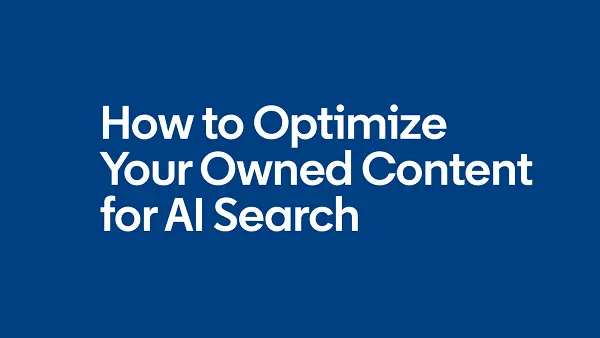 With so many demands vying for our time and attention, sometimes even a simple, uninterrupted phone call seems to be a stretch of the imagination. Cell phones, personal digital assistants (PDAs), instant messaging, pagers, faxes, emails and the list goes, on all contribute to information availability and overload.
With so many demands vying for our time and attention, sometimes even a simple, uninterrupted phone call seems to be a stretch of the imagination. Cell phones, personal digital assistants (PDAs), instant messaging, pagers, faxes, emails and the list goes, on all contribute to information availability and overload.
In Western society, we have been trained to "want what we want, when we want it - five minutes ago." Microwave ovens, cell phones, "instant" potatoes, lightning-speed internet searches, 24-7 news channels, all have conditioned us to get things done faster. We're all chasing time as a value that drives us to either save or gain more of it.
Our attention is really the driver of the use of time. Time and attention are the factors to getting massive personal and professional leverage; by capturing the attention of someone, you are more likely to get their time. Learning how to leverage time is the means of getting more peoples attention while saving your own time.
The web is becoming the means which enables massive personal and professional leverage, you can reach the masses, or swarms rather than reaching a few. Those who can accomplish the greatest mass of personal and professional leverage will be those who gain the most use of time. Those who adopt, or more appropriately, transform their thinking, and learn how to use the web effectively and efficently, will perpetuate value faster than ever before. The dynamics we are all facing becomes the Paradox of Choice, or where should we spend our most valuable asset - time?
Is the Web a Time Transport Mechanism?
In transport economics, the value of time is the opportunity cost of the time that a traveller spends on their journey. In essence, this makes it the amount that a traveller would be willing to pay in order to save time, or the amount they would accept as compensation for lost time. Isn't the web nothing more than a highway of transportation?
One of the main justifications for improvements to the web is the amount of time that people and businesses will save. Using a set of values of time, the economic benefits of any improvement can be quantified in order to compare them to the costs (thus forming the basis of cost-benefit analysis).
The value of time varies considerably from person to person and depends upon the purpose of web usage, but can generally be divided into two sets of valuations: working time and non-working time. This division is appropriate because the value of working time (i.e. time spent on the web in the course of work) is calculated differently from the value of non-working time (i.e. time spent on the web outside work).
Where are People Spending Their Time Today?
People are spending twice as much time online as they are watching TV, a new study of consumer behaviour by analyst firm IDC has found.
Silicon Republic writes: "The study found that the average amount of time spent online is 32.7 hours per week, compared with 16.4 hours spent watching TV."
"The time spent using the internet will continue to increase at the expense of television and, to a lesser extent, print media," said Karsten Weide, programme director, digital media and entertainment at IDC.
When Will The Web Give Back Time?
People have little patience with poor performance. While we are experiencing emerging web developments daily much of it is a distraction and robs us of time. However when we consider the converging activities in today's marketplace and initiatives such as VRM it won't be long before the web will become the utility of choice for enhanced personal and professional productivity gains. Then the attraction will magnify and draw masses faster than ever before and we will experience the dawning of The Relationship Economy fueled by Socialutions never before anticipated or experienced.
The time factors will become the market factors and those who understand "how to" will gain back time. Commerce will accelerate and new markets for businesses prepared will pull and attract consumers from old markets.
What say you?










